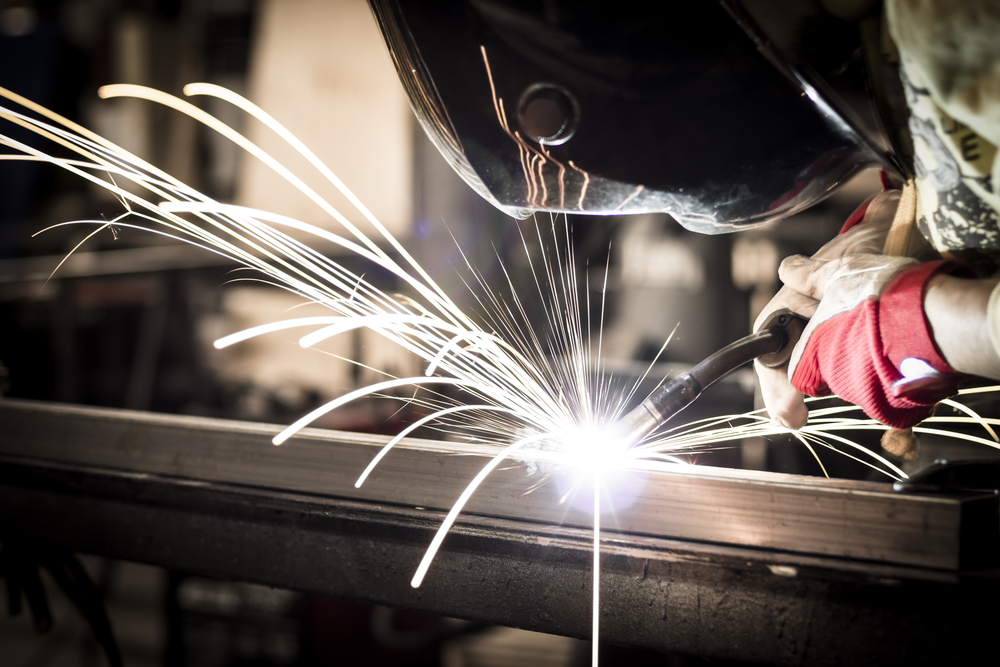If you’re looking to arrange a custom metal fabrication job of any kind for your building or facility, the total cost of this job will obviously be one important factor you’re considering. There are several variables that may impact the costs of any custom metal fabrication job, and knowing these in advance may help you move through this stage of the process easily.
At Cypress Metals, we’re proud to offer a huge range of metal fabrication services for numerous different applications, including roof packages, siding, fascia, gable vents and more. What are the most important and common factors to be aware of that may impact the cost of your custom fabrication job? This two-part blog series will go over several.

Raw Materials Used
Perhaps the single largest factor in determining the cost of a custom metal fabrication job is the type and quantity of raw materials used. The price of steel, aluminum and other metals can vary greatly depending on market conditions, so it’s important to have an accurate estimate of how much material will be needed for your project.
One specific element that’s often considered here is metal thickness, because while thickness isn’t the only factor to consider, it does have a pretty substantial impact on cost. When you’re planning your fabricated metal work, take into account that for steel for example, if you want structural integrity but are worried about expense, thicker materials may be more economical than thinner ones — at about 4 mm, 10 gauge steel has almost three times the strength of 18 gauge steel, but costs about 50 percent more per square foot.
Labor Costs
Labor costs are the other major cost factor when it comes to metal fabrication. There are a number of different types of workers who may be involved (depending on your project and the shop you choose) and their efforts may require varying levels of skill and expertise, which all lead directly to higher costs.
You also have to think about mechanical labor in addition to human labor. Machine usage will drive up the cost of your job, so it’s important to have a realistic idea of how much fabrication work will be completed by hand and how much will be handled by machines.
Overall Complexity
While this area often ties in directly with overall material amounts and the quantity of labor required, it’s important enough to highlight on its own. The fabricator you choose should have the ability to create products that are aesthetically appealing, but it is essential that they also be practical for your needs.
For example, some jobs may require fabrication techniques that are new or haven’t been used before in your area. It’s important to go with a fabrication shop that has the expertise required to complete this type of project.
For more on the factors that impact the cost of a custom metal fabrication job, or to learn about any of our custom metal fabrication services, speak to the staff at Cypress Metals today.
